The story of a resilient woman

As Teliwel, thousands of women are forced to flee their home country every day because their living conditions are too harsh. They are victims of wars, political conflicts, ecological disasters, famines or epidemics but they also have to escape forced marriages, domestic violence, war rapes, traditional genital mutilation, homophobia or precariousness.
Indeed, they are often subjected to multiple gender-based violences, linked to practices that are sometimes deeply rooted in tradition. This violence, real or symbolic, discriminates them in their status as women and represents a real danger to their lives.
Words from
- Braibant. S. 2018 : "Femmes et migrations : raisons et routes de l'exil"
- Musée de l'histoire de l'immigration. 2007 : "Les migrations de femmes sont-elles différentes de celles des hommes ?"

Françoise Leroux is a psychologist at "C'est ma vie".
It is a service at St. Pierre Hospital, 320 Rue Haute, which takes care of women who have been victims of genital mutilation, and also produces medical certificates during the asylum procedure.
They are composed of a multidisciplinary team, i.e. a gynaecologist, a midwife, a sexologist and herself.
Words from
Françoise Leroux
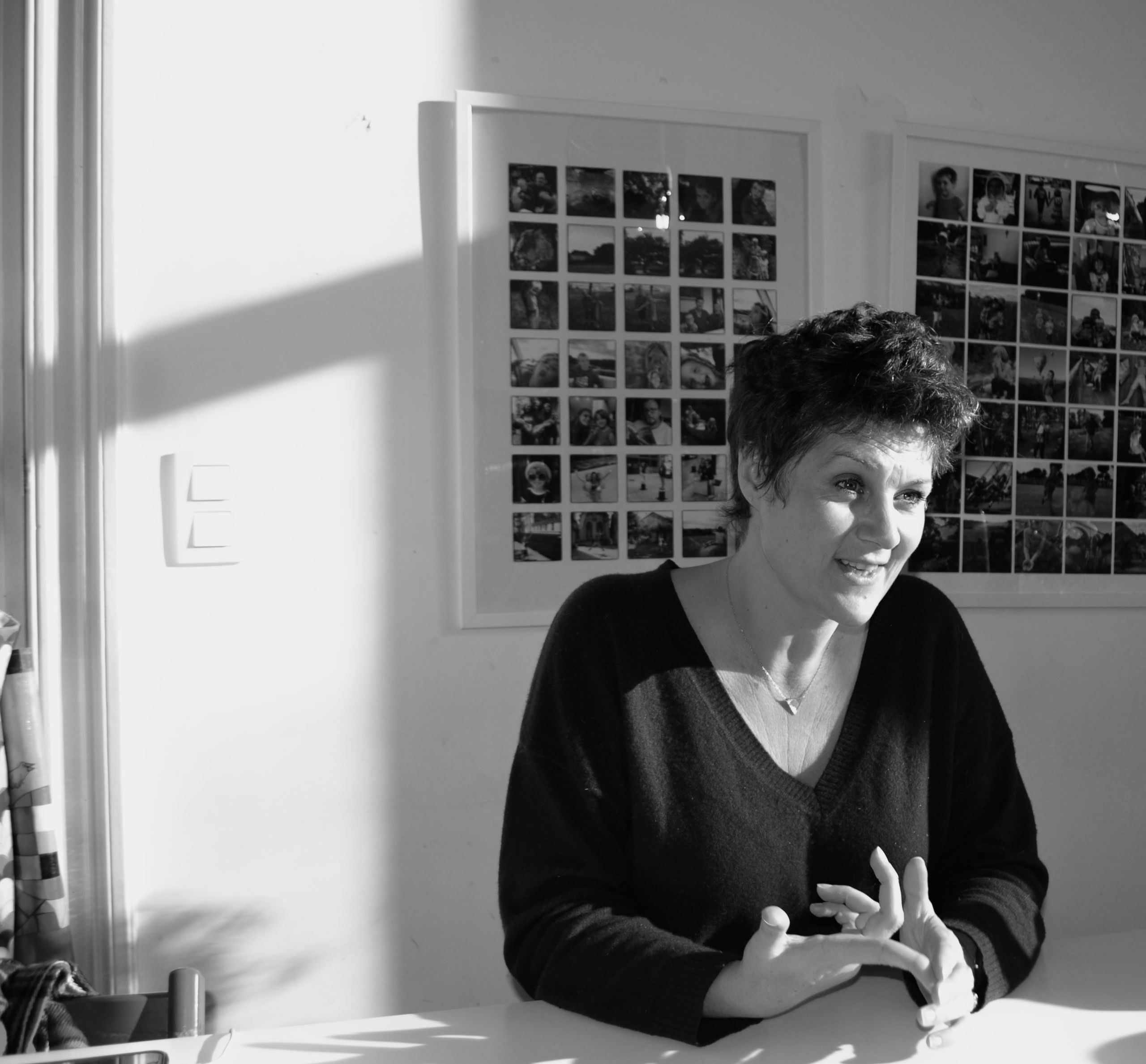


Female genital mutilation
Female genital mutilation, which includes the practice of female circumcision, occurs in 29 countries mostly in Africa but also all around the world.
Female circumcision is above all a matter of tradition and has existed for thousands years. In most communities, this practice persists mainly because of a high sense of obligation to respect a social standard. Even when the deplorable psychological and physical consequences of female circumcision are known, it is still perpetuated by families, not to be subjected to moral violence and social sanctions.
Maintaining female submission and control over women's sexuality are among the main causes of female circumcision.
In most cases, girls are circumcised between the ages of 5 and 14. Guinea is one of the countries with the highest female circumcision prevalence rate of 96%.
Words from
- Excision, parlons en. 2010
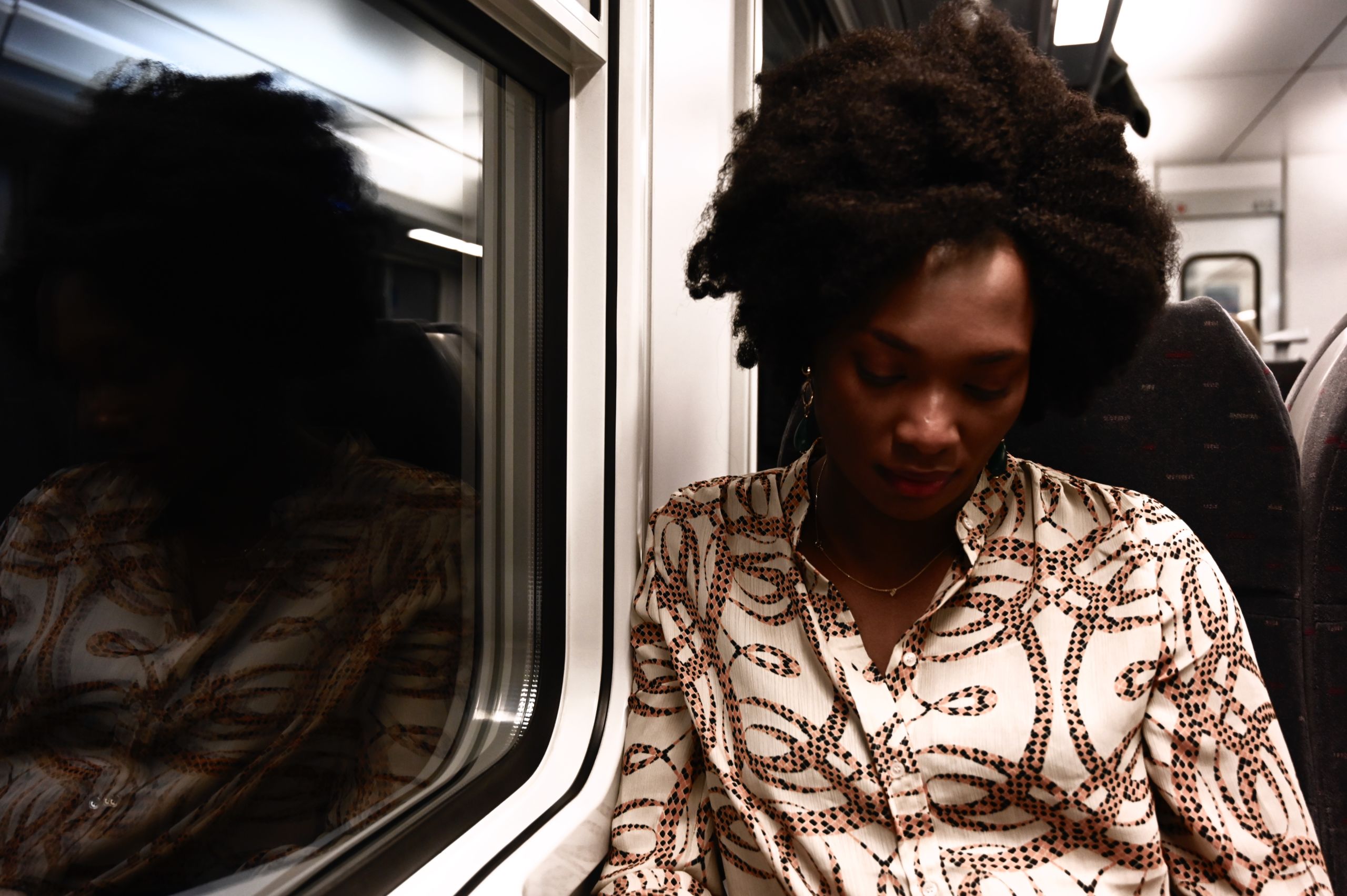
"And I think that since this day, something has been broken inside of me"
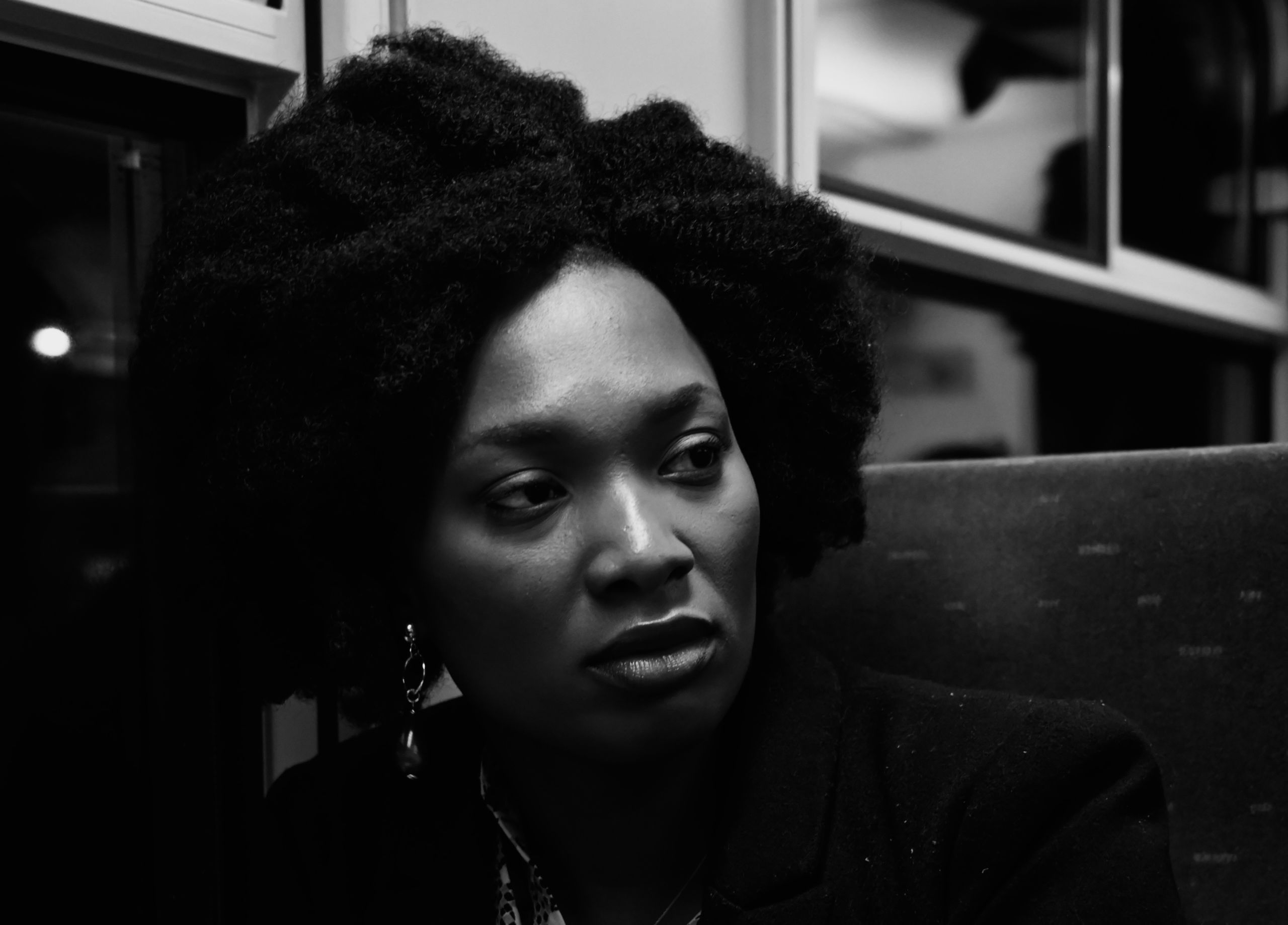
Physical and psychological violences
Many refugees following their journey to Europe have been abused. Almost 100% of the women who started this journey alone or accompanied were hurted or abused during their journey to Europe. This journey often leaves psychological after-effects that without adequate help remain irreversible and deeply spoil the lives of the people affected. They can result in many post-traumatic stress disorders, such as sleep disorders, attention disorders, violent outbursts, etc. These syndromes take years to treat and require adequate psychological support. First of all, the problems that cause the syndromes must be detected, then the psychologist must find the most appropriate technique to treat his patient and help her to rebuild herself.
But the problem is that this reconstruction requires stability. Apart from regular migrants, they often do not have fixed housing or a stable situation. All psychologists say it is impossible to work with migrants as long as they do not have refugee status, because with refugee status comes a certain stability. And it is only when a person feels safe, knows where they will sleep at night and starts to have career plans that they can look to the future and try to rebuild themselves. The problem is that in some cases the psychological consequences of this trip are too big and that any future is impossible for these people to envisage. Some migrants will therefore have access to this psychological care but will not have the stability necessary for their reconstruction.
There is therefore a gap between the needs of asylum seekers, the conditions in which they live and the framework that is essential for psychologists to do their work properly. Let us not forget that, in addition to these problems of efficiency due to the lack of balance in the lives of refugees, there are other difficulties. First of all the limited budget allocated to the associations that assist them. Secondly the mainly bad conditions in which refugees are forced to live when they arrive in Europe. Finally the many administrative steps they have to face and that are most of the time completely unknown to them.
Words inspired from
ASBL "Exil", "Intact", "Ulysse" and from Françoise Leroux
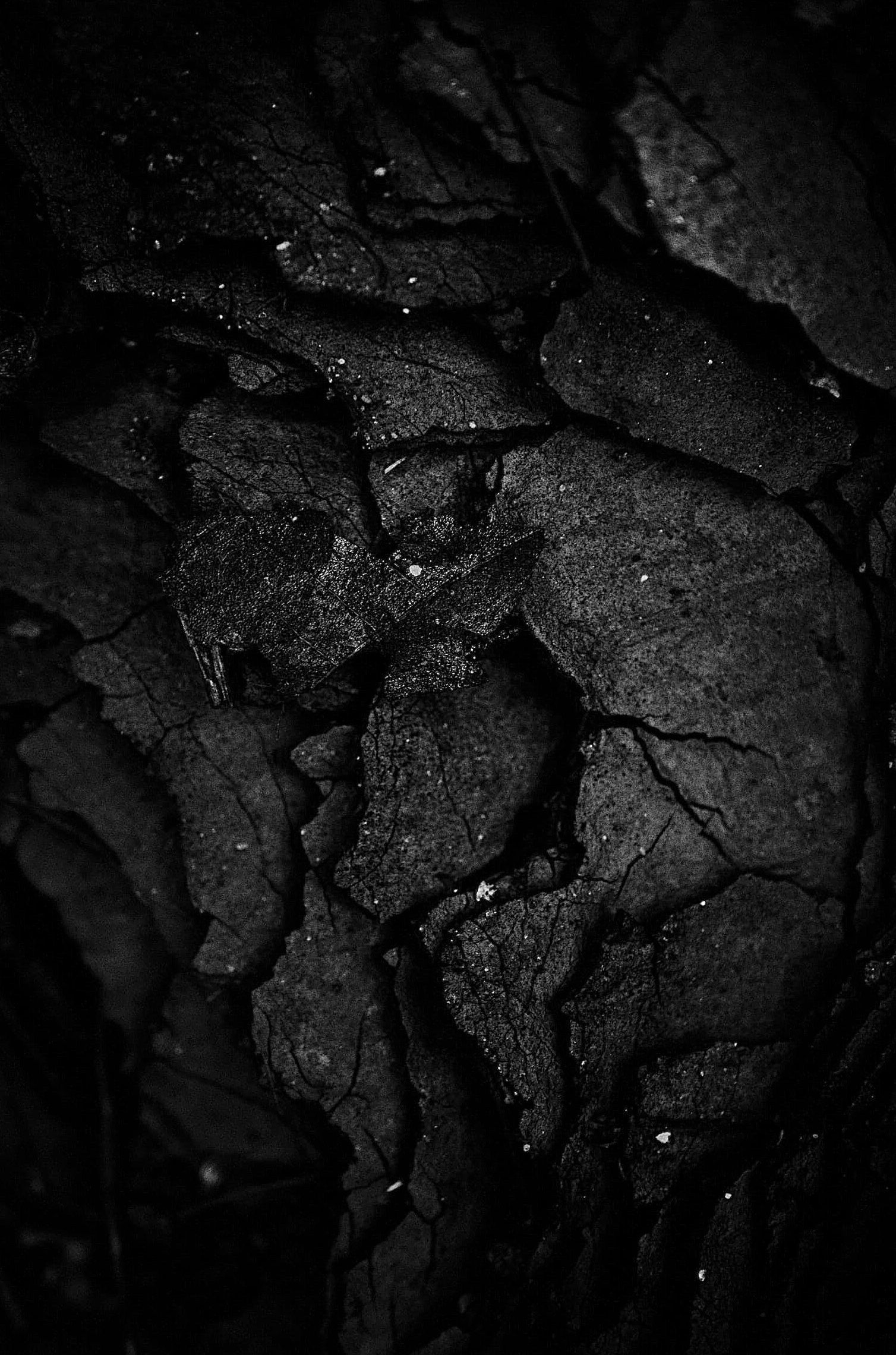


I have to go, go far away,
Starting a new life,
Not tomorrow but today.
I wish I didn’t have to leave my friends and family,
But if I stay here I will never be happy.
Constantly leaving in the fear,
I can’t do it anymore.
So I made my decision and it’s clear,
In Europe my life will be better than before.
We are now years later
And after my journey I want to say
That I think my life is better
But I discover so many awful things on my way
I discovered misery, egoism and cruelty
I saw the human nature and it wasn’t pretty
I just needed advice and security
But I was found guilty
Guilty to ask for help in another country
I’m now a mother and with my new nationality
I was able to start over, to found a job, to be happy
But I will never forget what I’ve been through
I didn’t deserve that I know that’s true
I’m not talking just for me but for all the women
Who cannot be free in their home country
We are all strong and in the end we will win
Win our places in this world, and finally be happy
Words from Emilie Tshidimba
Music written by Thierry Tisserand and played by Elodie Rouvroi
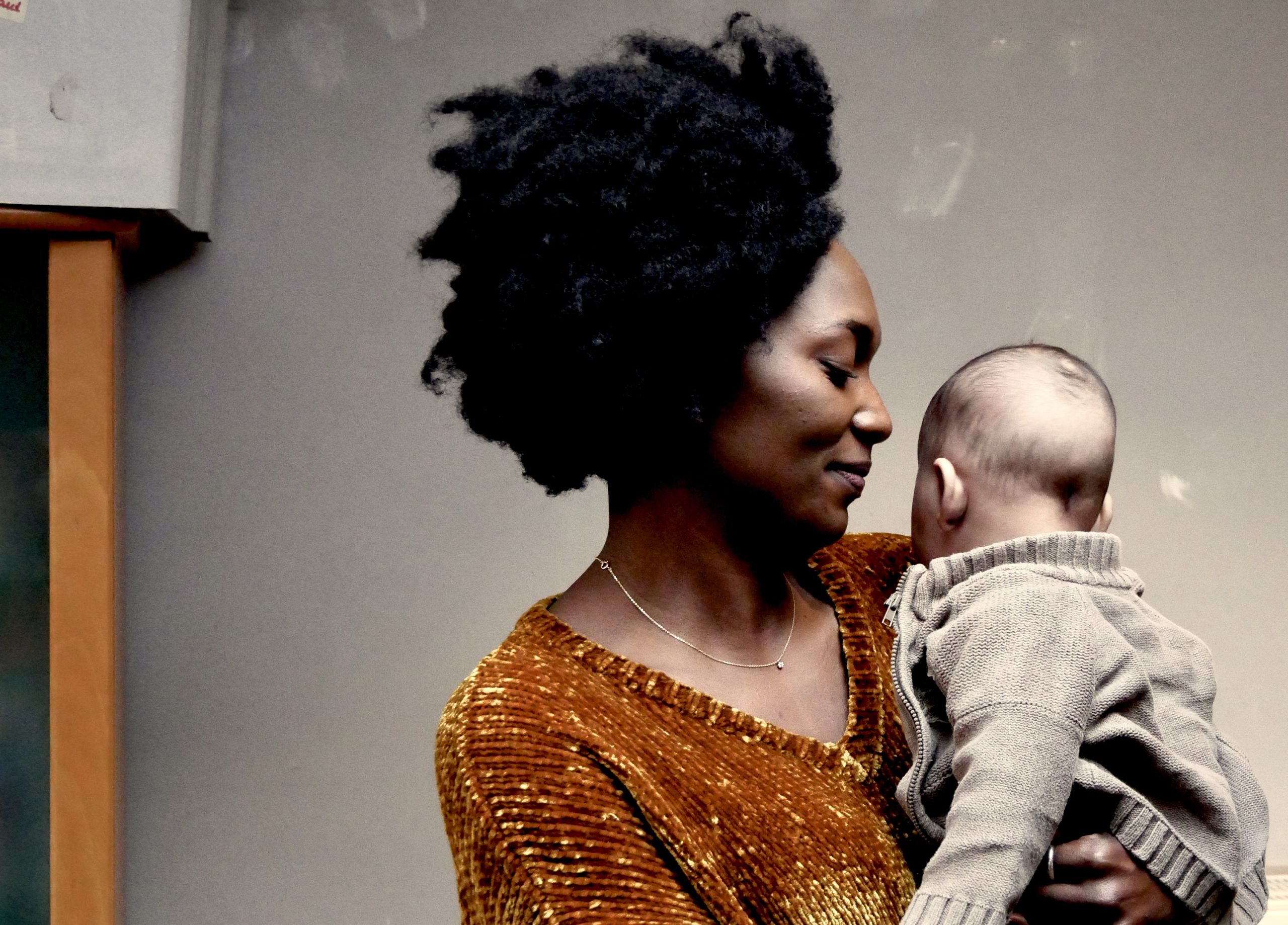
Web documentary created through the workshop Embrace it
CONTRIBUTORS
- François CORBIAU
- Laurence VINCENT
- Ramzy SALEM
MADE BY
- Alix DELVOSALLE
- Clara JUNG
- Oriane LYCKE
- Elodie ROUVROI
- Emilie TSHIDIMBA
WITH THE PARTICIPATION OF
- Diallo Teliwel
- Françoise LEROUX
Master 1 ASCEP - IHECS 2019-2020




